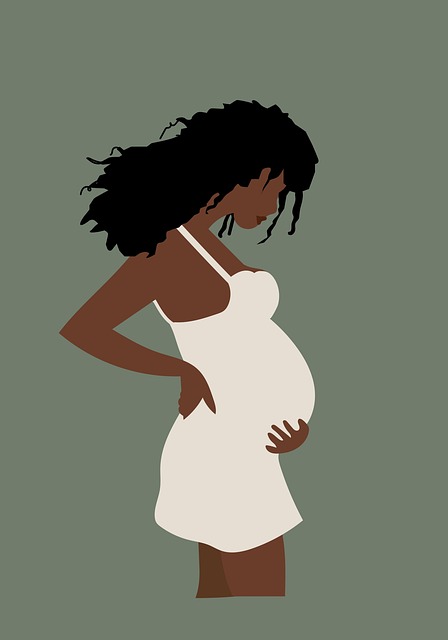Building a family today can take many forms! Assisted reproductive technologies are a fantastic way to support diverse family structures and aspirations. Egg donation is a common option for same-sex couples and women who can’t use their own eggs for various reasons. Despite the high success rates of these procedures, many folks still have concerns about the health of babies conceived through egg donation. So, let’s chat about whether egg donor babies are healthy.
Diving Into Genetic Screening and Testing
Before donor eggs are used, they undergo rigorous screening to check for any abnormalities, diseases, mutations, or other factors that could impact future health. A key part of this screening looks at the chromosomes. We all have 46 chromosomes, with half coming from each biological parent. A sperm cell contributes 23 chromosomes, while the egg provides the other 23. When these come together at conception, an embryo is formed, combining genetic codes from both parents.
Genetics can be complex, as traits can be hereditary. If a trait or disease is passed down from a parent, it can affect the child. Some conditions are linked to dominant genes, meaning if a child inherits one, they’ll likely experience that condition. Others are connected to recessive genes, which means a child can be a carrier without showing symptoms. If both parents carry a recessive gene for a condition, the likelihood of their child being affected increases.
Once an egg donor is screened and approved, further genetic testing focuses on identifying recessive genes that could lead to serious health issues. This information is crucial for potential recipients, allowing them to make informed decisions about building their family.
The Screening Process
Genetic screening typically requires a blood or saliva sample, and results usually arrive within two to three weeks. Instead of just focusing on common ethnic conditions, today’s testing evaluates over 100 diseases to ensure a comprehensive assessment. Egg donors are screened for chromosomal issues like Turner syndrome and cystic fibrosis, among others.
The Donor’s Health Matters
The health of an egg donor can significantly affect the well-being of the baby. Egg donors are evaluated on several levels—physical, medical, psychological, and lifestyle. A healthy donor means a better chance of health for both the recipient and the child. It’s best to start this screening before any fertility procedures to ensure a smoother process for those using donor eggs.
Research on Health Outcomes for Egg Donor Babies
Studies indicate that babies born from IVF treatments and egg donation are generally as healthy as those conceived naturally. The bond between parents and children born through egg donation seems to be just as strong as in any other family. In fact, egg donor families tend to function just as well as any other family, with no significant differences in physical health, mental health, or social skills.
Debunking Common Myths
- Myth: Egg donors will run out of eggs, impacting their future fertility.
Fact: The eggs retrieved come from follicles that would naturally be released, so the ovarian reserve remains intact. - Myth: Egg donation is an anonymous process with no involvement from donors.
Fact: Donors are informed about the process and can choose to withdraw at any time. Legal agreements clarify the roles and confidentiality for both parties. - Myth: Egg donation is painful and distressing.
Fact: Donors are sedated during egg retrieval to minimize discomfort, and thorough psychological screening ensures they fully understand the process.
Conclusion
Egg donation plays a vital role in helping those who cannot use their own eggs to create the families they desire. With comprehensive screening and informed consent, the process aims to be as smooth as possible for everyone involved. For more information about egg donation and its implications, check out this helpful resource.
In addition, if you’re interested in understanding more about managing pregnancy nausea, you might want to read about some foods that alleviate nausea during pregnancy. And if you’re considering at-home insemination, explore this At Home Insemination Kit for more insights. Also, this link provides excellent information on pregnancy and home insemination.
In summary, egg donor babies are generally as healthy as those conceived naturally. Rigorous screening ensures that the health of both the donor and the resulting child is prioritized, allowing families to grow in the best way possible.

